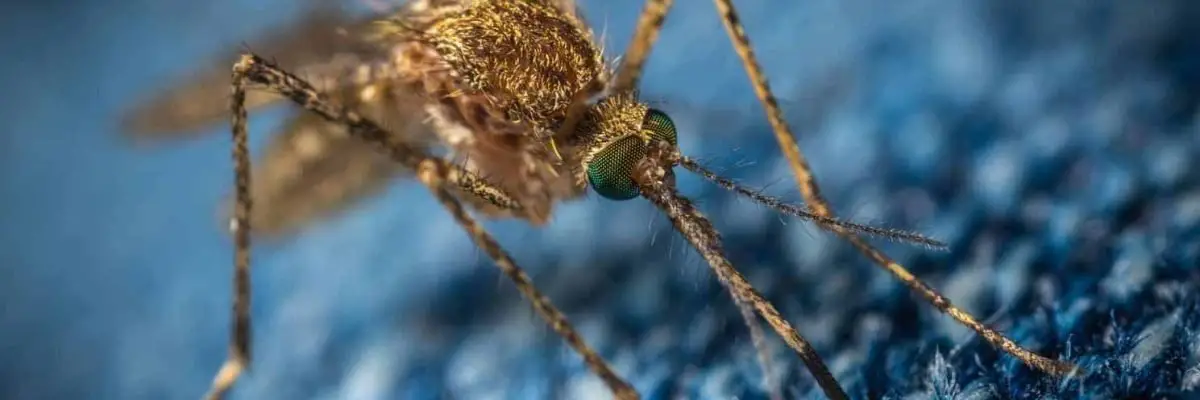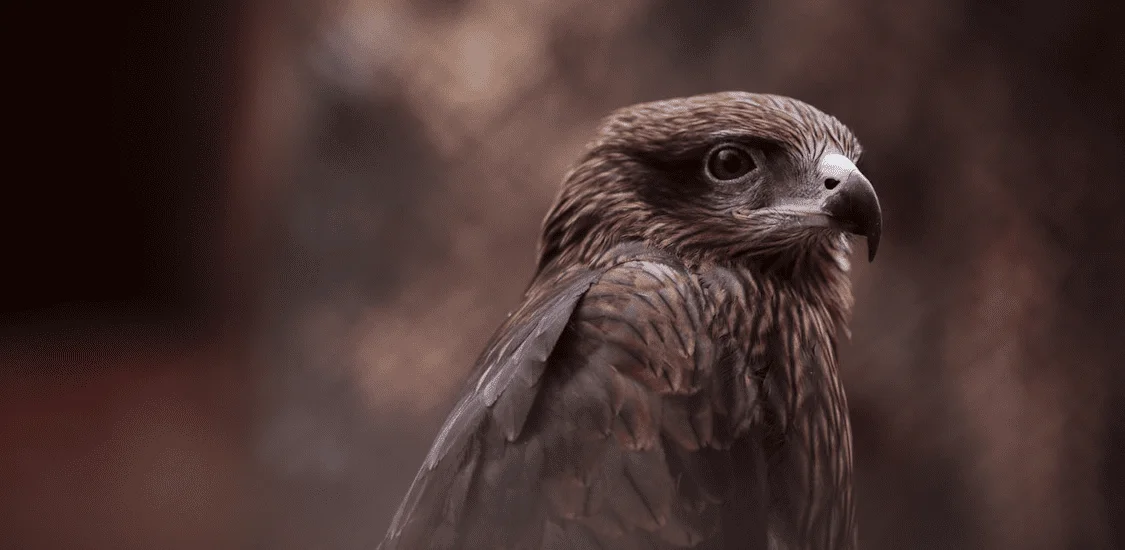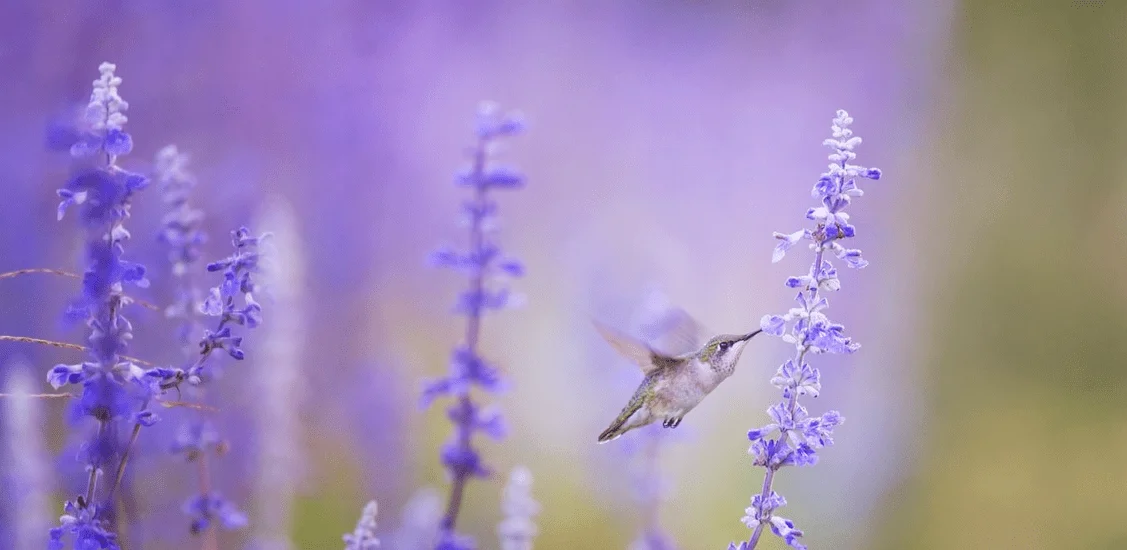
Mosquitoes can be much more than a mild annoyance. Aside from the pesky buzzing and the incessant need to slap the insects away, mosquitoes also have a nasty bite. It might not be as severe as other insects, but it’s still very unpleasant.
That’s not all – mosquitoes are also known to carry disease, and it’s very easy for a mosquito bite to become infected. These small insects can be a real risk to you and your family, along with any wildlife that frequents your yard, which is why it’s so important to try and keep them away.
The thing is that most mosquito or bug sprays cause harmful effects that you might want to avoid. The chemicals used in the pesticide can actually be damaging to other ‘good insects’, such as bees; they can even have harmful effects on small animals or children!
Don’t worry, though. There are plenty of organic alternatives that are far less damaging to the environment. Let’s take a look at a few healthy ways that you can reliably keep mosquitoes away from your yard:
1. Citronella Candles
Citronella doesn’t just smell wonderful, it’s also a fantastic way to keep any invading pests at bay!
One of the best things about using citronella is that it’s completely natural, organic and does an amazing job of warding off any unwanted mosquitoes. If you use both candles AND torches, you’ll be effectively reducing the number of mosquitoes in your yard. Plus, they smell great!
Citronella is naturally occurring. Mosquitoes hate it in the wild, and will do whatever they can to avoid it whilst it lasts. The thing is, citronella oil evaporates INCREDIBLY quickly; it only occurs naturally for around 2 hours.
When you use both torches and candles with an extended burn time, you’ll be drastically increasing the duration that the oil is produced for, keeping more mosquitoes away – for longer.
As an added benefit, citronella is a kind way to deal with mosquitoes; it does NOT kill them, and will not be harmful to any other insects in the nearby area.
Mosquitoes are generally attracted to the carbon dioxide produced by mammals (like us!), and citronella does a great job of masking the appealing smell of CO2.
2. Bug Zapper
Bug zappers are extremely common and popular for a reason – they are very effective. This bug zapper has an enormous 2100 sq. ft radius and is very durable and easy to clean. Perfect for outdoors to sit on the porch or a nearby table.
3. No Stagnated Water
We get it; you might be deep within the heat of the summer, looking for any reason to get the paddling pool out. Maybe you’re thinking of hosting a backyard party, and you’re starting to fill up a bucket with ice to cool your favourite drinks. If you’re looking to keep the mosquitoes away: don’t.
Whilst having access to nice, cold water on a hot summers day can be incredibly refreshing, it also makes for a perfect mosquito breeding ground. Mosquitos need still water in which to breed; their larvae are aquatic, and thrive in wet conditions. Mosquitoes don’t need a lot of water in which to reproduce, either – in some cases, a tablespoon of still water will be more than enough for them to lay their eggs in.
To avoid creating a mosquito breeding ground, it’s best to avoid leaving any sources if still water. Where possible, drink out of closed cups, and try to leave any open sources of water (such as an ice-bucket or a glass) indoors.
4. Tidy Yard
Chances are that you’ll be doing this already! If you do have patches of taller grass, thick bushes or dense shrubbery, though, you may want to start cutting these back.
Much like the songbirds that you’ll regularly see hiding among the grass, mosquitoes seem to love cooler, shadier patches. It’s their ideal habitat, especially if it’s damp and uneven!
Don’t worry – you don’t need to completely eliminate any dense thickets you have in your yard. After all, you’ll still want your feathered friends to visit! Instead, try and find a middle ground; the less thick shrubbery present in your yard, the less mosquitoes you’ll find. However, if you cut back too much, your yard birds might stop visiting, too.
5. Repellent
Mosquito repellents are topic of discussion; many people use them regularly, finding them to be absolutely crucial to summertime survival, whereas others try to avoid them for fear of harmful effects.
The truth is that nobody really knows whether mosquito repellents are safe for regular use. They make use of certain chemicals that may have an effect on someone over a long period of use, though nobody seems to know for certain.
One thing’s for sure, though: repellents are much safer than bug sprays and insecticides. Whilst these sprays generally are effective, they also cause lasting and unnecessary damage.
Repellents, for the most part, are safe to use every now and then – as long as you don’t have any allergies to them. An ‘organic’ mosquito repellent can be great for your yard as they will do nothing more than stop mosquitoes from visiting your yard, and they shouldn’t affect any other wildlife!
6. Fans
Fans, for some reason, do a fantastic job of repelling mosquitoes. If you place multiple fans around your yard, you’ll notice a significant reduction in the number of annoying yard bugs and the bites that they give.
Mosquitoes, despite their strengths, are very weak fliers. The air created by a normal fan is strong enough to deter most species of mosquito; if they notice difficulties in flying, they’ll simply give up.
As we mentioned above, mosquitoes are attracted to the smell of carbon dioxide. Fans are also very effective at dispersing the air, essentially diluting the smell – the more fans you use, the stronger the effects will be.
What we’ve found effective is placing your citronella candles near one of your fans. As the fan blows the air, it spreads the smell of citronella, so the mosquitoes will pick up on it from further away. You can also purchase fans that regularly dispense mosquito repellent!
For the most noticeable effects, you should try using a few (or all) of the tips listed above. Once you start implementing these tactics, you should benefit from a mosquito-free summer.
How to keep mosquitoes out of the house?
1. Mosquito Nets
Mosquito nets are one of the most effective methods of preventing the insect from entering your home; they’re very simple in design, inexpensive, and have been used to keep bugs away for YEARS.
These nets prevent mosquitoes from entering your home, whilst still allowing a steady flow of cooling fresh air. It’s a physical barrier, so does not rely on any operating costs or potentially harmful chemicals.
The World Health Organisation recommends around 150 holes per square inch of netting, though most nets feature over 300.
2. Ultrasonic Bug Repellent
This is a strange device that has been said to produce extremely high pitched, shrill noises that will scare a mosquito away.
Good news: we can’t hear the sound. The frequency of the repellent is much, much higher than what people can hear – if you have cats or dogs, though, they might pick up on the sound.
Ultrasonic devices are available in a multitude of different styles, sizes and price ranges, so you’ll be able to find something that’s perfect for you.
3. Garlic
The best thing about using garlic is that EVERYONE has at least a clove (unless they’re a vampire, but then they’re probably not concerned about mosquitoes). It’s an unforgettable part of the pantry, used in a wide range of dishes, and it’s extremely cheap to buy.
Mosquitoes are not fans of the strong scent – maybe it’s something to do with drinking blood. All you need to do is boil a few cloves for around 2-3 hours to create a strong-smelling anti-mosquito solution.
You can spread it in areas around the house, and you’ll notice an immediate reduction in the amount of insects you see.
If you have pets, it’s not recommended to use garlic solutions: they can be poisonous to cats and dogs.
Why do mosquitoes drink blood?
Mosquitoes drink blood as it provides them with the necessary nutrients and proteins required for reproduction; without it, they would not be able to lay eggs and subsequently reproduce!
Oddly enough, only the females of the species will drink blood. The males are sapsuckers, obtaining nutrients and sustenance from nectar – just like the mosquito larvae. It’s commonly thought that mosquitoes rely on blood as a food source, but this isn’t correct; both male and female mosquitoes obtain their sustenance from nectar.
So, where does blood come in?
Female mosquitoes will extract iron and protein from blood as it provides them with more energy than nectar would. Both iron and protein are crucial to the reproduction process, and without them, the mosquito would not physically be able to lay eggs.
There are thousands of known species of mosquito, and not all of them will drink human blood. Some of them will only drink from certain mammals, others prefer frogs. It’s actually only a handful of species that do choose to drink human blood!
Mosquitoes have also been proven to favour certain blood types over others.
How do mosquitos spread malaria?
Mosquitoes are perhaps best known for their ability to spread the highly dangerous disease, Malaria. They do so by ‘injecting’ it into the bloodstream when they stop to drink.
It’s important to note that Malaria is not a virus or bacteria; it’s a single-celled parasite. If a mosquito becomes infected with Malaria, it will live inside the insect as a host, and when the Mosquito stops to drink, it will be transferred to the victim’s blood.
From here, the parasite will work it’s way to the person’s liver, where it will rapidly reproduce within the blood cells. If left untreated, Malaria can become fatal, so if you do suspect that you’ve contracted it, seek medical help immediately.
How do mosquitoes contract Malaria?
Mosquitoes contract Malaria by feeding on an infected host – it’s a vicious and dangerous cycle.
Humans may contract Malaria after being bitten by an infected mosquito, and mosquitoes can become infected after biting an infected human. Luckily, mosquitoes are unable to spread other dangerous bloodborne diseases.
Is every mosquito a carrier?
Don’t worry – only a handful of mosquito species can carry Malaria, and of those species, only the females can transmit the disease. The majority of mosquitoes bites will just cause a simple irritation.
Does mosquito yard spray kill bees?
Bees are dying at an alarming rate, though that isn’t new information. As a result, you’re likely interested in preserving what bees we do have left! Unfortunately, mosquito spray can be very harmful to bees, so you should only use it whenever it’s absolutely essential.
Mosquito spray contains a nasty substance called a ‘pyrethroid’ – this is the active ingredient in many commercial pesticides. It doesn’t just kill mosquitoes, though – the spray can have negative effects on most backyard insects. It can even cause harm to you and your pets!
Don’t worry – there are plenty of safe alternatives and organic pesticides that will not cause unnecessary harm to bees. You can also get completely safe deterrents that cause no harm whatsoever!
Here is how to make DIY Mosquito traps!

More Articles.

How to keep birds of prey away from your chickens?
Raising chickens is relatively easy if you provide the right food, shelter, and water for

How to keep seagulls away?
You can keep seagulls away from your home / yard / garden with the aid

What Smells Repels Birds? (12 Easy Deterrents)
Birds are generally repelled by strong, pungent odors like those found in essential oils (peppermint,

About Us
We are avid bird-watchers who recently retired, allowing us more time to travel the world. Fortunately, we have managed to visit numerous countries around Europe, Asia, and America. Watching and photographing birds has been a passion for many years and we are making the most of the extra time on our hands!





